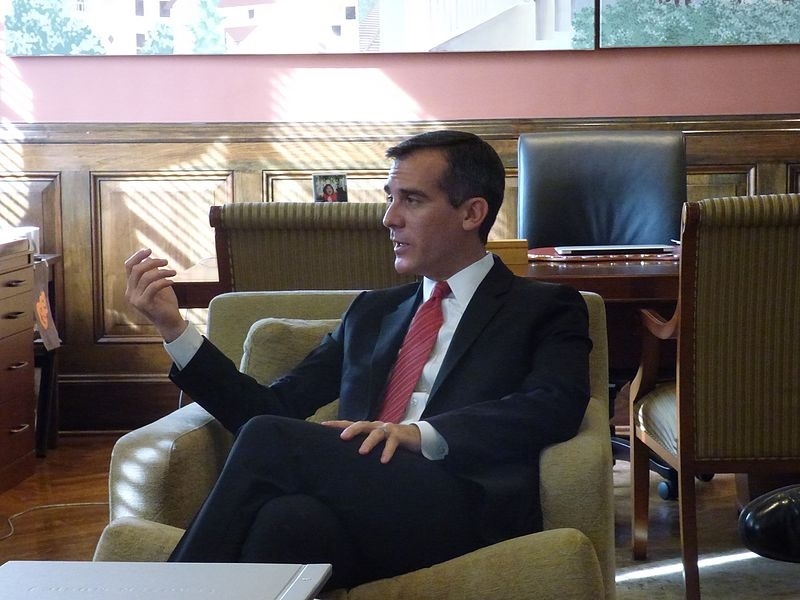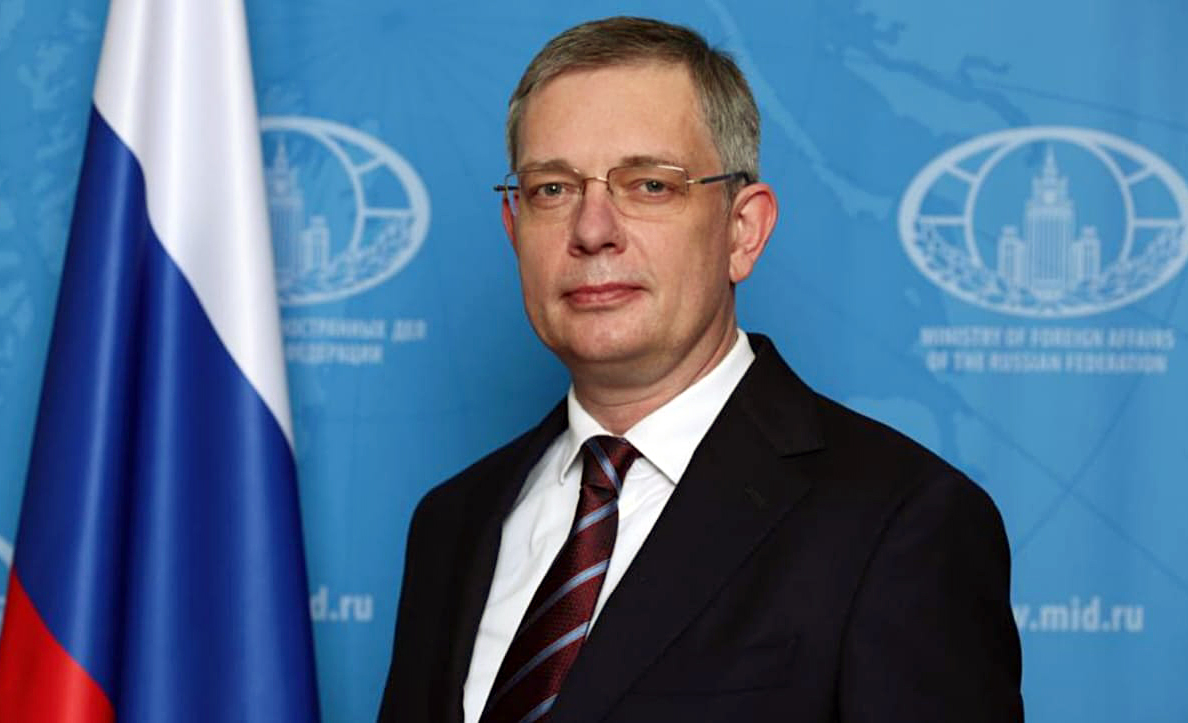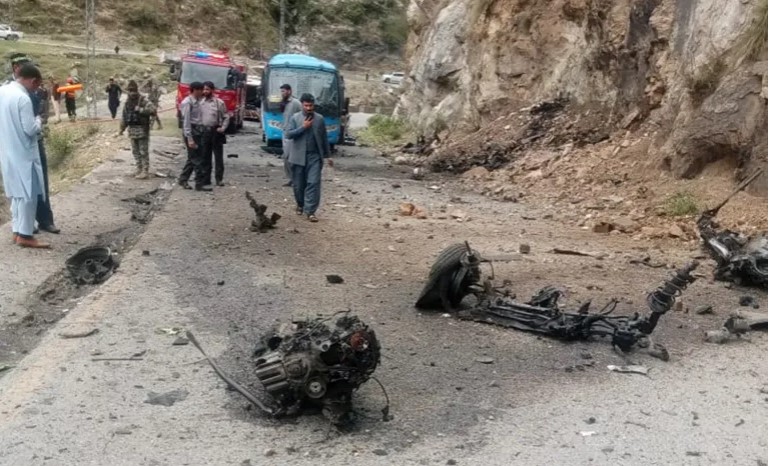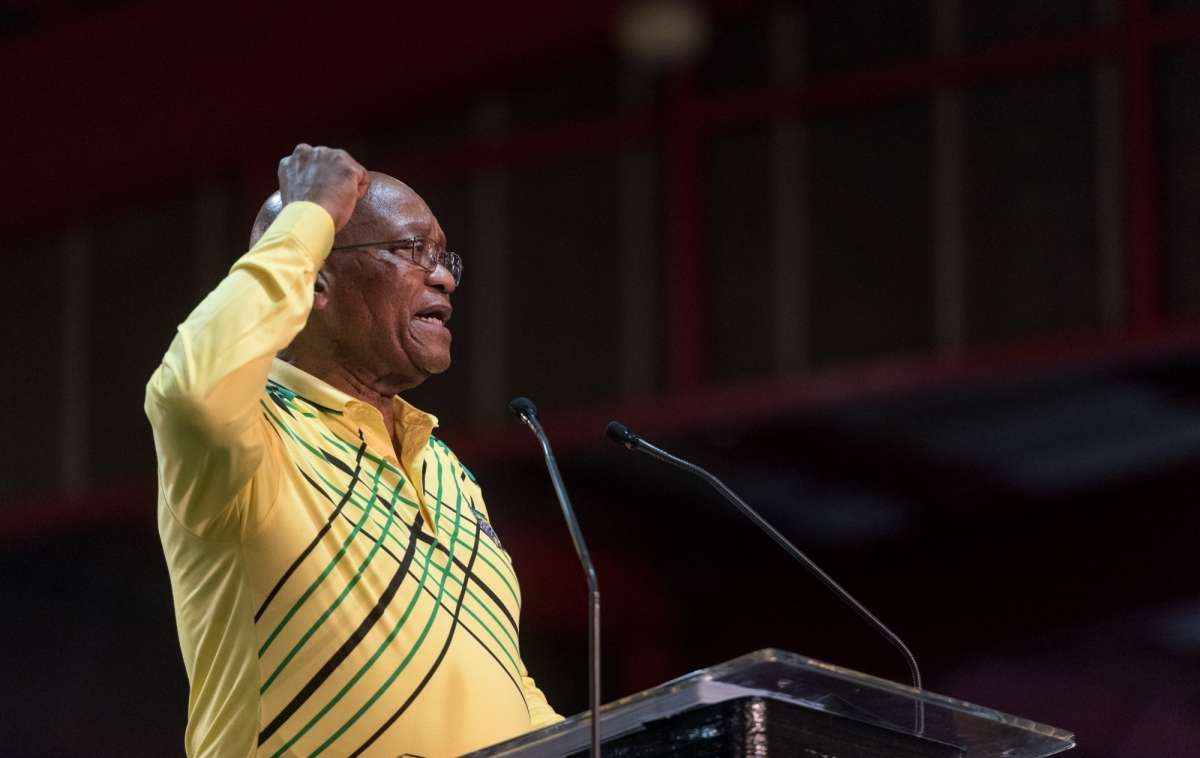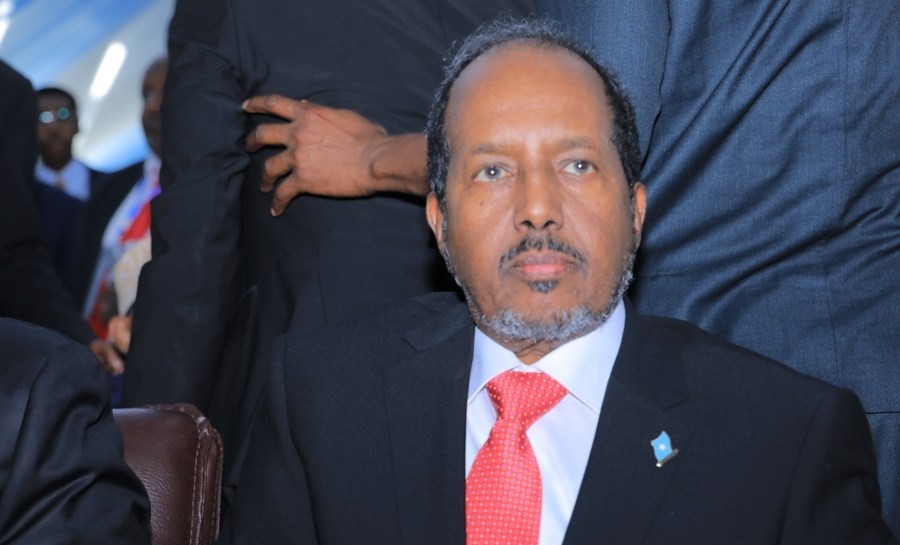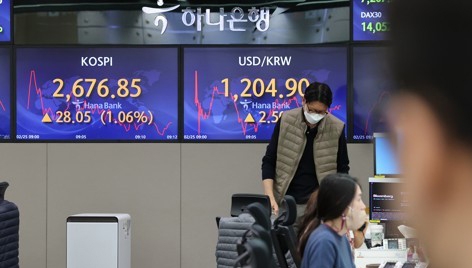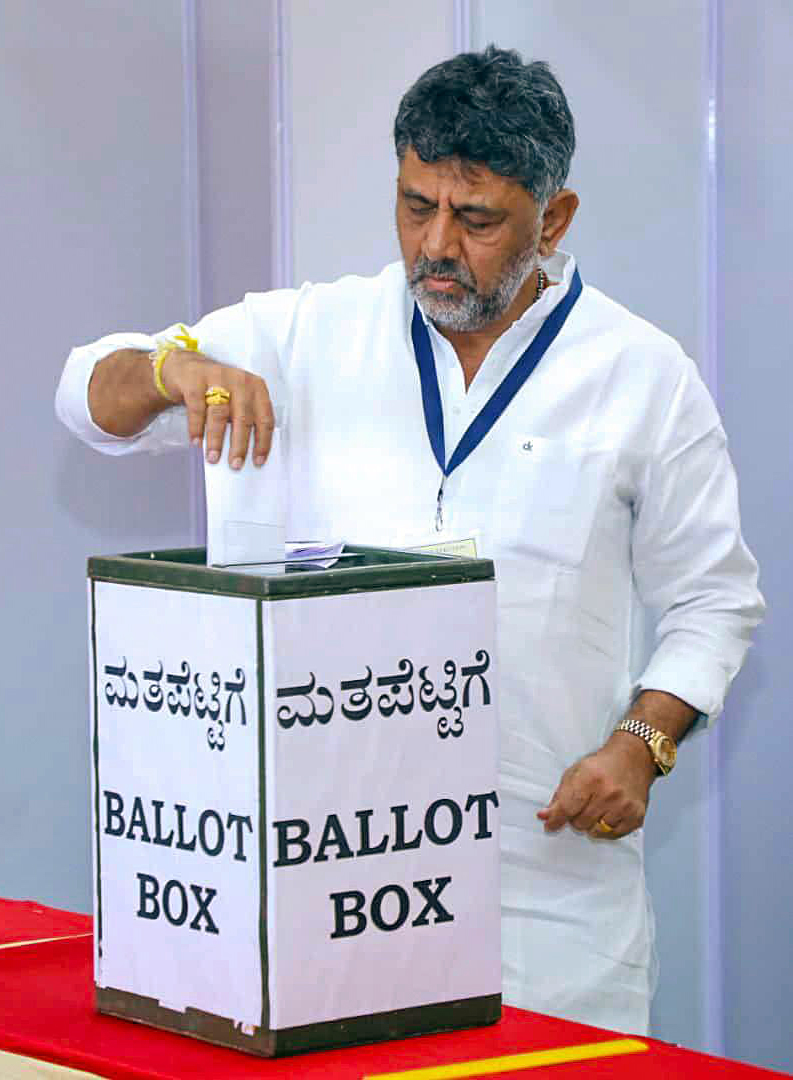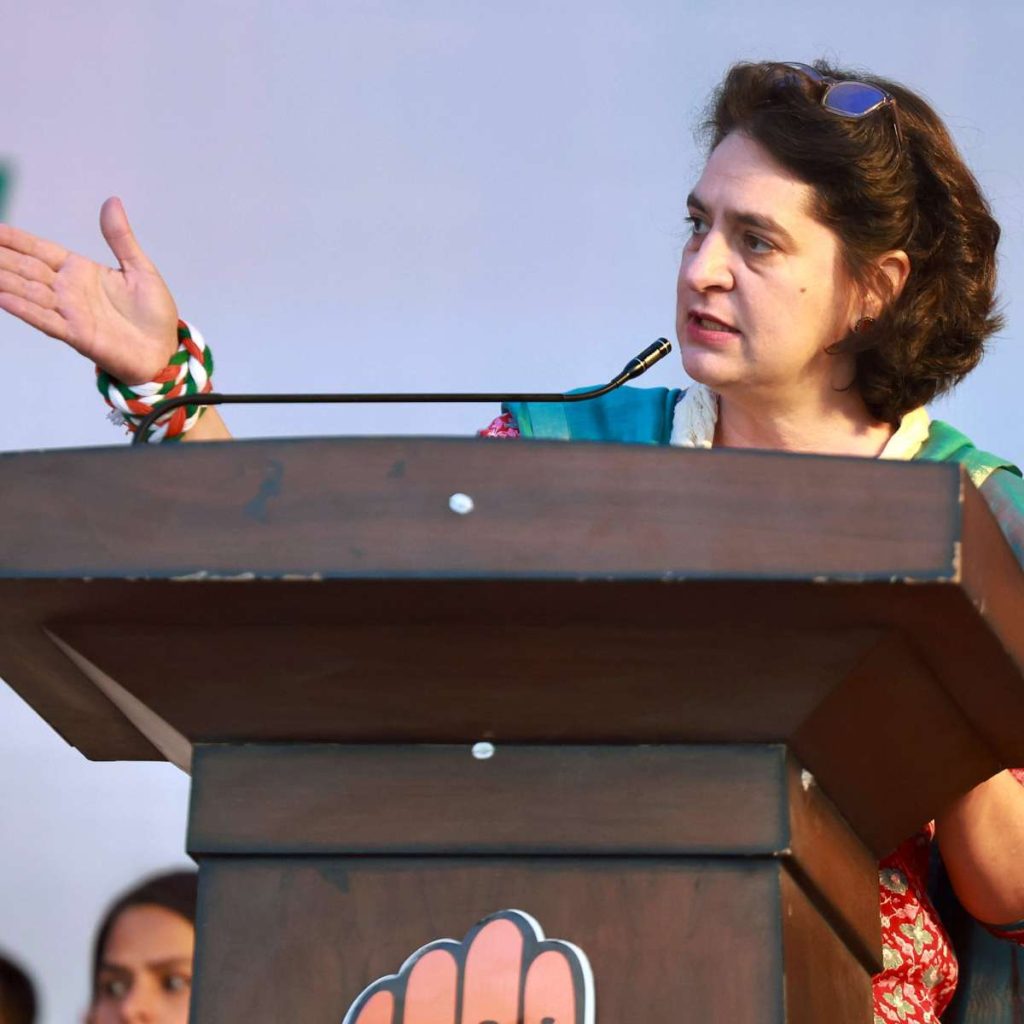Earlier this month, after the US’ remarks on CAA, the Ministry of External Affairs strongly objected to it and termed the comments “misplaced, misinformed, and unwarranted.”…reports Asian Lite News
Stating that religious freedom is an important part of any democracy, the US Ambassador to India, Eric Garcetti, said that sometimes New Delhi and Washington can “agree to disagree” on certain things and it should not be read negatively.
The US State Department had earlier said that it is “concerned” over the notification of the Citizenship (Amendment) Act (CAA) in India, adding that it is “closely monitoring” the implementation of the act.
Speaking to ANI, Garcetti said, “It’s something that we monitor, and I said that. And I said in broad strokes that religious freedom is an important part of any democracy. Protecting minorities is very important. That doesn’t have to be read negatively.”
“And I think it’s the job of monitoring what happens. That’s the job of an ambassador. That’s the job of a state department. The Ministry of External Affairs’ job and the Indian ambassador’s job is to monitor and to report. And we simply said that,” he added.
He further acknowledged that the US too has a “ton of flaws” and is open to criticism, while emphasising the importance of finding common international law and respecting every country’s specific history.
“We have a deep friendship. It’s very respectful. Sometimes we can agree to disagree on things and continue with our business, and we shouldn’t take it with thin skin. We shouldn’t take it personally. Certainly, I open up the United States, I say all the time, from a place of humility. We have a tonne of flaws. We’re open to criticism. We want to listen,” Garcetti said.
He added, “But I think the most important thing for all of us is to find common international law that we can all be a part of, try to implement equally, and respect the specific histories that every country has. And the more that you know about that, the better positioned you are when you are monitoring things to be able to comment.”
Earlier this month, after the US’ remarks on CAA, the Ministry of External Affairs strongly objected to it and termed the comments “misplaced, misinformed, and unwarranted.”
MEA spokesperson Randhir Jaiswal, during a weekly press briefing, said that those having a “limited understanding of India’s pluralistic traditions” should not comment on India’s ‘internal matters’.
The Union Home Ministry notified rules for the implementation of the Citizenship Amendment Act (CAA) on March 11, days ahead of the announcement of the Lok Sabha election schedule.
The CAA rules, introduced by the Narendra Modi government and passed by Parliament in 2019, aim to confer Indian citizenship to persecuted non-Muslim migrants–including Hindus, Sikhs, Jains, Buddhists, Parsis, and Christians–who migrated from Bangladesh, Pakistan, and Afghanistan and arrived in India before December 31, 2014.
Citizenship (Amendment) Rules, 2024 enable persons eligible under CAA-2019 to apply for the grant of Indian citizenship and applications are to be submitted in a completely online mode for which a web portal has been provided by the government. (ANI)
ALSO READ: Russia’s Call: Unite Against Terrorism, India Included

